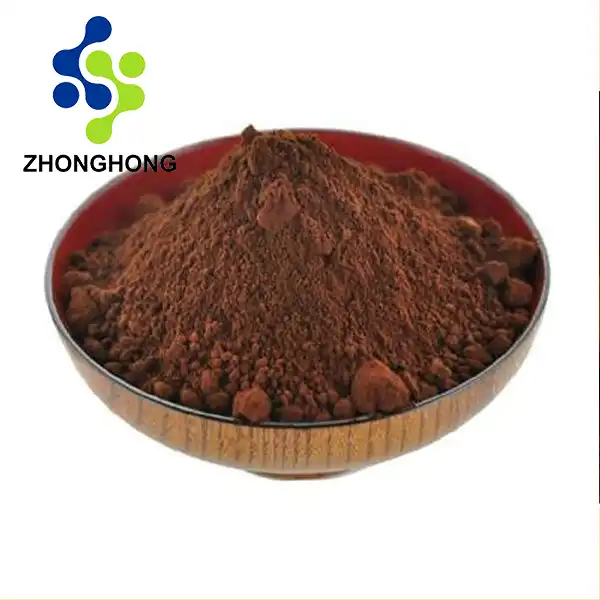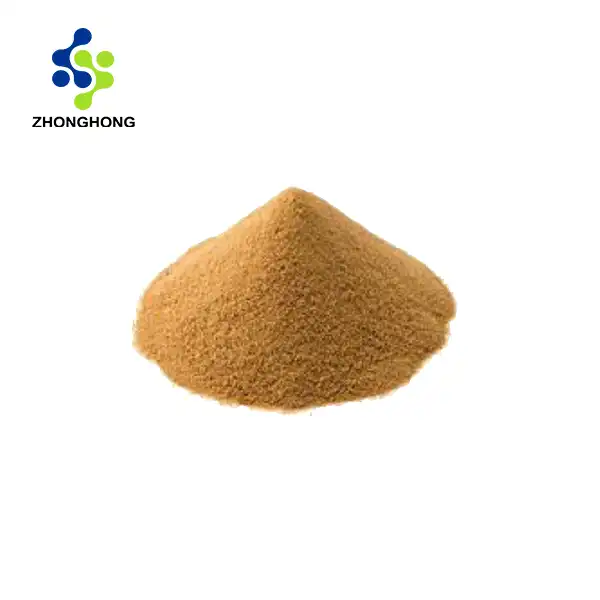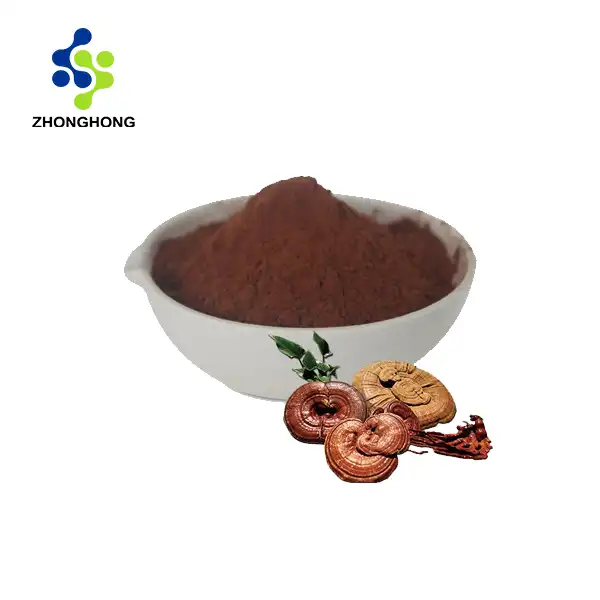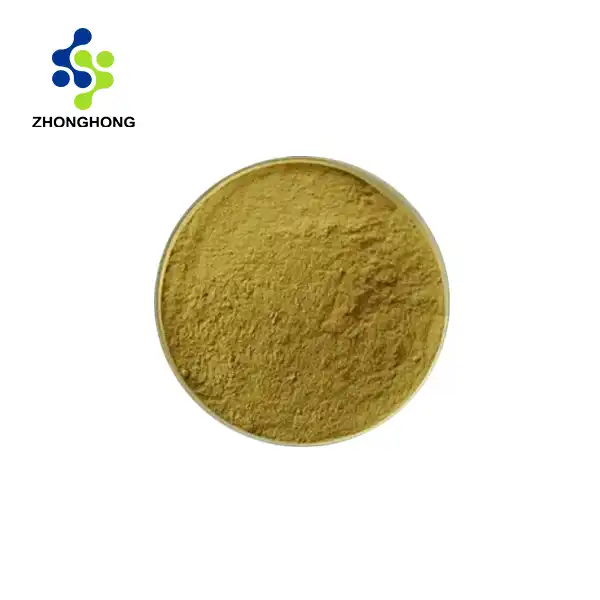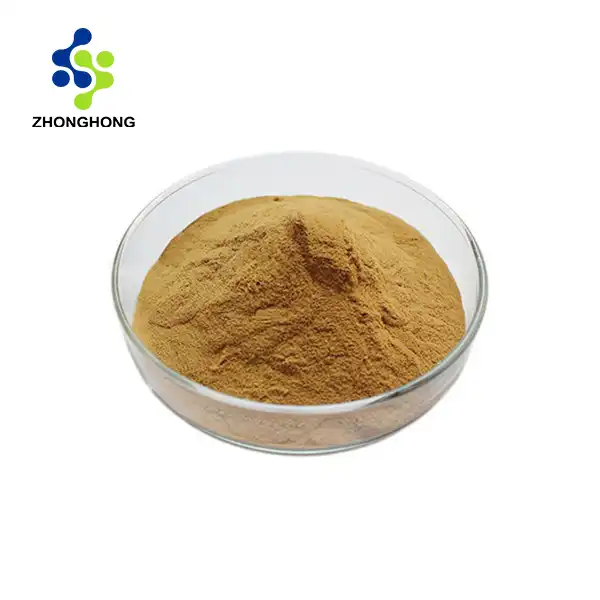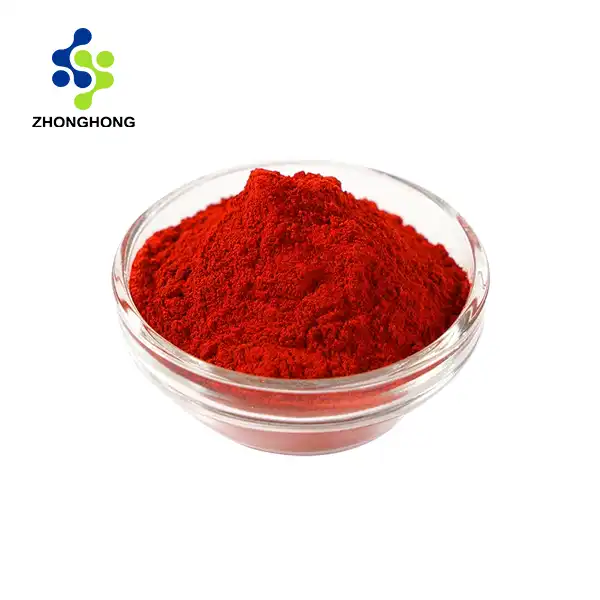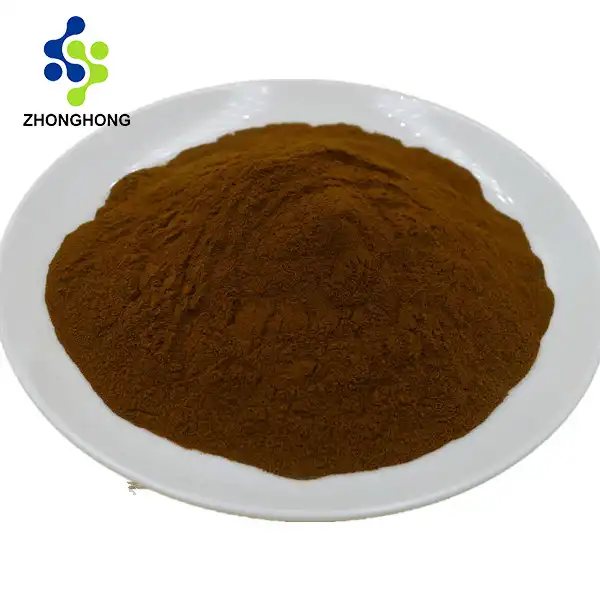What Makes Rhodiola Rosea an Adaptogen?
The Science Behind Rhodiola's Adaptogenic Properties
Rhodiola rosea's adaptogenic qualities stem from its unique phytochemical composition. The plant contains over 140 active compounds, with the most significant being rosavin, salidroside, and tyrosol. These bioactive substances work synergistically to modulate the body's stress response systems, particularly the hypothalamic-pituitary-adrenal (HPA) axis. Research has shown that Rhodiola rosea extract can influence the production and regulation of stress hormones such as cortisol. By helping to normalize cortisol levels, Rhodiola rosea aids in maintaining a balanced stress response, preventing the detrimental effects of chronic stress on the body and mind.
Rhodiola's Impact on Cellular Energy Production
One of the key mechanisms behind Rhodiola's adaptogenic effects is its ability to enhance cellular energy production. The herb has been found to increase the synthesis of adenosine triphosphate (ATP), the primary energy currency of cells. This boost in energy production at the cellular level translates to improved physical and mental performance, increased resilience to stress, and enhanced overall vitality. Moreover, Rhodiola rosea has been shown to activate an enzyme called AMPK (AMP-activated protein kinase), which plays a crucial role in regulating cellular energy homeostasis. By stimulating AMPK, Rhodiola helps optimize energy utilization and metabolism, contributing to its adaptogenic properties.
Antioxidant and Neuroprotective Effects
Another aspect that contributes to Rhodiola's status as an ultimate adaptogen is its potent antioxidant and neuroprotective effects. The herb's active compounds, particularly salidroside, have demonstrated significant antioxidant properties, helping to neutralize harmful free radicals and reduce oxidative stress in the body. Furthermore, Rhodiola rosea has been shown to protect and support the nervous system. Studies have indicated that the herb can enhance the production of neuropeptides and neurotransmitters, such as beta-endorphins and serotonin, which play crucial roles in mood regulation and stress resilience. This neuroprotective effect contributes to Rhodiola's ability to improve cognitive function, reduce mental fatigue, and enhance emotional well-being.
Comparing Rhodiola to Other Adaptogens
Rhodiola vs. Ashwagandha
While both Rhodiola rosea and Ashwagandha are renowned adaptogens, they have distinct characteristics and benefits. Rhodiola is often praised for its energizing and performance-enhancing properties, making it particularly beneficial for combating fatigue and improving mental clarity. On the other hand, Ashwagandha is known for its calming effects and ability to reduce anxiety and promote better sleep. Rhodiola Rosea Extract Powder tends to have a more immediate impact on energy levels and cognitive function, while Ashwagandha's effects are often more gradual and cumulative. In terms of stress reduction, both herbs have shown efficacy, but Rhodiola may be more suitable for those seeking an adaptogen that also provides a gentle stimulant effect.
Rhodiola vs. Ginseng
Ginseng, particularly Panax ginseng, is another well-known adaptogen often compared to Rhodiola rosea. Both herbs share some similarities in their ability to enhance energy, improve cognitive function, and boost stress resilience. However, there are notable differences in their mechanisms of action and overall effects. Rhodiola tends to have a more balanced effect on the body's stress response systems, while ginseng is often described as having a more stimulating effect. Rhodiola Rosea Root Extract may be more suitable for individuals who are sensitive to stimulants or those looking for an adaptogen that provides energy without causing jitters or sleep disturbances.
Rhodiola vs. Eleuthero
Eleuthero, also known as Siberian ginseng, is another adaptogen that shares some similarities with Rhodiola rosea. Both herbs have been traditionally used to enhance stamina, improve mental performance, and increase stress resistance. However, Rhodiola has shown more pronounced effects on mood and cognitive function in clinical studies. While Eleuthero is often praised for its ability to enhance physical endurance, Rhodiola seems to have a more balanced effect on both physical and mental performance. This makes Rhodiola a potentially more versatile adaptogen for individuals seeking comprehensive stress support and overall well-being enhancement.
Adaptogens for Better Stress Management
Incorporating Rhodiola into Your Daily Routine
To harness the stress-management benefits of Rhodiola rosea, it's essential to incorporate it into your daily routine effectively. The optimal dosage of Rhodiola can vary depending on the individual and the specific extract used. Generally, a daily dose of 200-600 mg of a standardized Rhodiola extract (containing 3% rosavin and 1% salidroside) is recommended for stress management and overall well-being. For best results, it's advisable to take Rhodiola in the morning or early afternoon, as its mild stimulant effects may interfere with sleep if taken too late in the day. Some individuals may benefit from cycling their Rhodiola usage, taking it for several weeks followed by a break, to maintain its effectiveness and prevent tolerance.
Combining Rhodiola with Other Stress-Management Techniques
While Rhodiola rosea can be a powerful tool for stress management, it's most effective when combined with other stress-reduction techniques. Incorporating mindfulness practices, regular exercise, and a balanced diet can synergistically enhance the adaptogenic effects of Rhodiola. Consider pairing your Rhodiola supplementation with practices such as meditation, yoga, or deep breathing exercises. These techniques can help amplify the stress-reducing benefits of Rhodiola by promoting relaxation and mental clarity. Additionally, maintaining a consistent sleep schedule and prioritizing quality sleep can further support your body's stress resilience and overall health.
Potential Interactions and Precautions
While Rhodiola rosea is generally considered safe for most individuals, it's important to be aware of potential interactions and precautions. As with any supplement, it's advisable to consult with a healthcare professional before adding Rhodiola to your regimen, especially if you have pre-existing health conditions or are taking medications. Rhodiola may interact with certain medications, including antidepressants, blood thinners, and diabetes medications. It's also not recommended for individuals with bipolar disorder, as it may potentially trigger manic episodes. Pregnant or breastfeeding women should avoid using Rhodiola due to limited safety data.
Conclusion
Rhodiola rosea stands out as the ultimate adaptogen due to its unique combination of stress-reducing, energy-enhancing, and cognitive-boosting properties. By incorporating this powerful herb into a holistic stress management approach, individuals can tap into its potential to improve resilience, enhance well-being, and navigate life's challenges with greater ease. If you want to get more information about this product, you can contact us at liaodaohai@gmail.com.
_1728976869676.webp)
